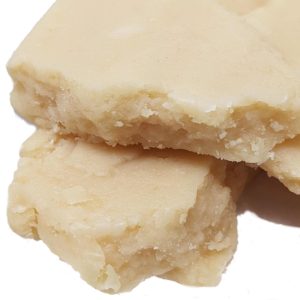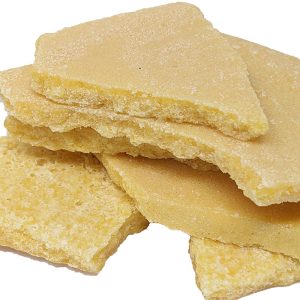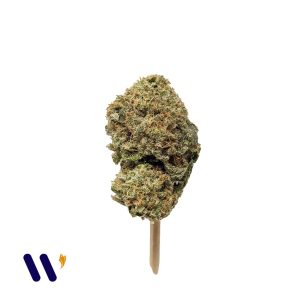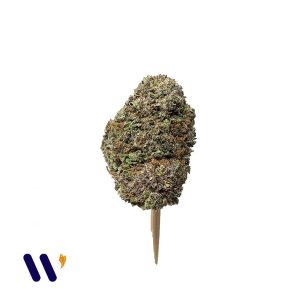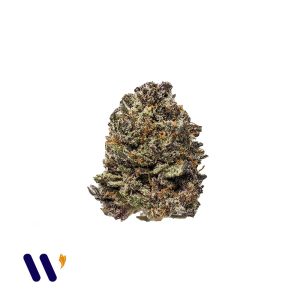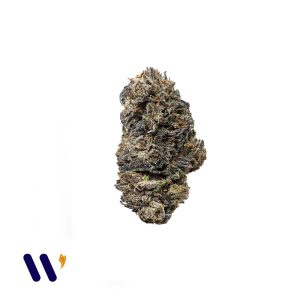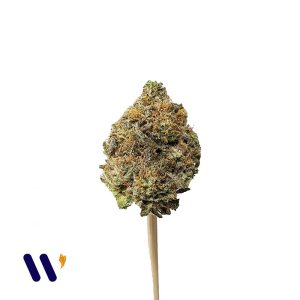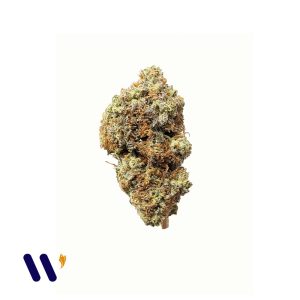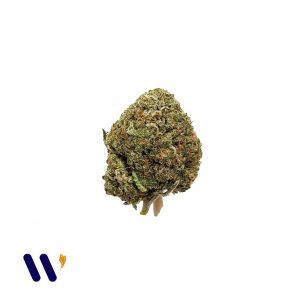Explore the transformative potential of cannabis for sports injury recovery. Cannabis is gaining recognition as a game-changer in sports medicine, offering athletes benefits like pain reduction, inflammation control, muscle relaxation, and improved sleep. With increasing acceptance and legalization, athletes are turning to cannabis for injury healing. Research indicates that CBD can manage pain and inflammation effectively without negative side effects. Discover how cannabis could revolutionize your recovery, whether you’re a pro or a recreational athlete. Unveil the world of cannabis in sports medicine and its promising impact on your road to healing.
Understanding the Endocannabinoid System
A comprehensive grasp of the advantages of cannabis in sports injury recovery hinges on understanding the endocannabinoid system (ECS). This intricate system comprises receptors and endocannabinoids naturally produced by the body, scattered across the brain, immune system, and peripheral tissues. The ECS’s central function is maintaining body equilibrium, overseeing pain, inflammation, appetite, mood, and sleep. In response to injury, the ECS plays a pivotal role in moderating inflammation and supporting healing. Cannabis compounds like CBD and THC engage with the ECS by attaching to its receptors. Particularly, CBD boasts anti-inflammatory and analgesic qualities, rendering it a promising avenue for sports injury recuperation. By influencing the ECS, cannabis can regulate pain and inflammation, potentially expediting athletes’ recovery process.
Benefits of Cannabis for Sports
Cannabis’s benefits in sports injury recovery transcend pain and inflammation management. Among its key advantages is the capacity to assist in muscle relaxation. Athletes often grapple with muscle tension and tightness arising from rigorous training or injury. Cannabis can effectively ease muscle rigidity, alleviating spasms and expediting recuperation. Furthermore, cannabis exhibits neuroprotective qualities. Sports-related head injuries like concussions can have enduring effects on athletes’ well-being. Research indicates that cannabis might shield the brain from additional harm and foster neurogenesis—new neuron growth. This potential safeguarding could enhance recovery and mitigate the risk of lasting complications. Additionally, cannabis contributes to improved sleep, a cornerstone of optimal recuperation. Sleep significantly supports the body’s healing and renewal mechanisms. Athletes contending with sleep disruptions due to pain or anxiety can gain from cannabis’s calming attributes, enhancing the attainment of restful and rejuvenating sleep.
The Different Forms of Cannabis for Sports Injury Recovery
Various forms of cannabis offer distinct advantages for sports injury recovery. Let’s explore the available choices:
- CBD Oil: CBD oil, derived from hemp plants, is a popular option for sports injury recovery. It contains minimal to no THC, the psychoactive compound in marijuana. CBD oil can be ingested or applied topically for targeted pain and inflammation relief, offering cannabis benefits without altering the mind.
- Topical Creams: Cannabis-infused topical creams are preferred for localized pain relief. Applied directly to affected areas, they provide targeted relief for muscle soreness, joint pain, and inflammation without affecting the entire system.
- Edibles: Edibles like CBD gummies or chocolates provide a discreet way to consume cannabis. They are ideal for athletes who avoid smoking or vaping and offer sustained relief with a longer-lasting effect.
- Vaping: Vaporized cannabis extracts provide quick relief by delivering cannabinoids directly into the bloodstream through the lungs. Vaping is chosen by athletes seeking immediate effects and easy administration.
How to Incorporate Cannabis into a Sports Injury Recovery Plan
Incorporating cannabis into a sports injury recovery plan necessitates thoughtful deliberation and expert guidance. Consider these essential aspects:
- Consult Medical Professionals: Seek advice from healthcare experts well-versed in cannabis use for sports recovery. Their specialized knowledge can offer personalized guidance based on your injury and medical history.
- Begin with Low Dosages: If new to cannabis, start with small doses and gradually adjust as needed. Individual responses differ, so experimenting with dosages can help determine what suits you best.
- Time Your Usage: Proper timing matters. Using CBD oil before sleep can aid in better rest and recovery, while topical creams or vaping before workouts can swiftly relieve pain and tension.
- Supplement with Other Techniques: View cannabis as a complement, not a sole solution, to sports injury recovery. Combine it with established methods like physical therapy, rest, and proper nutrition for a well-rounded approach that maximizes benefits and expedites healing.





